Balancing Home Security and Privacy
In today's world, where threats to our homes can lurk around every corner, the importance of home security cannot be overstated. However, as we fortify our castles, a pressing question arises: how do we protect our homes without compromising our personal privacy? This delicate balance is not just a matter of installing a few cameras or locks; it involves a thoughtful approach to technology, community, and personal choices. Homeowners are increasingly faced with the challenge of ensuring their families and possessions are safe while also maintaining their right to privacy. The good news is that with the right strategies and technologies, achieving this balance is entirely possible.
Imagine your home as a fortress. On one hand, you want to build strong walls and secure gates to keep intruders at bay. On the other hand, you don’t want to feel like you’re living in a surveillance state, where every move is monitored and privacy is a distant memory. This article will explore various aspects of home security and privacy, providing you with insights into effective strategies and technologies that can help you navigate this complex landscape.
As we delve deeper into the topic, we will examine the importance of understanding the risks and potential threats that can affect your home. From burglary to vandalism, being aware of these dangers can help you make informed decisions about the necessary measures to safeguard your home. Additionally, we will discuss the privacy concerns that arise with modern security systems, particularly how surveillance technologies can impact your personal space. It’s essential to weigh the benefits of enhanced security against the potential invasion of privacy.
Let’s not forget that the world of surveillance is diverse, with different types of cameras serving various purposes. By understanding their functionalities, homeowners can choose the right system that balances security needs with privacy considerations. We will also explore the pros and cons of wired versus wireless cameras, as well as the ethical implications surrounding hidden cameras. Each choice comes with its own set of advantages and disadvantages, which must be carefully weighed to ensure that your security measures do not encroach on your personal privacy.
Moreover, the storage of surveillance footage presents its own set of privacy risks. Understanding how data is stored and who has access to it is crucial for protecting your personal information from potential breaches. This is where effective security measures come into play. Implementing a comprehensive security strategy involves more than just cameras; it requires a combination of alarms, smart locks, and community involvement, all while respecting individual privacy rights.
As we navigate this intricate balance between security and privacy, it’s vital to consider the role of smart home technology. While these devices can enhance security, they also introduce vulnerabilities that can compromise your personal data. Homeowners must be savvy in their integration of technology, ensuring that convenience doesn’t come at the cost of security.
Lastly, community involvement plays a pivotal role in enhancing home security. Building strong relationships within your neighborhood can lead to collective safety efforts, creating a safer environment for everyone while respecting individual privacy. After all, a community that looks out for one another is a powerful deterrent against crime.
- How can I enhance my home security without sacrificing privacy? - Consider using security systems that allow you to control the footage and limit access to it, such as smart cameras with privacy modes.
- What types of surveillance cameras are best for home use? - Wired cameras offer stable connections, while wireless cameras provide flexibility. Assess your specific needs to choose the right option.
- Are hidden cameras legal to use in my home? - Yes, but it’s crucial to understand the legal implications and ethical considerations surrounding their use.
- How can I ensure my data is secure when using smart home devices? - Regularly update your device software, use strong passwords, and consider devices that prioritize data security.
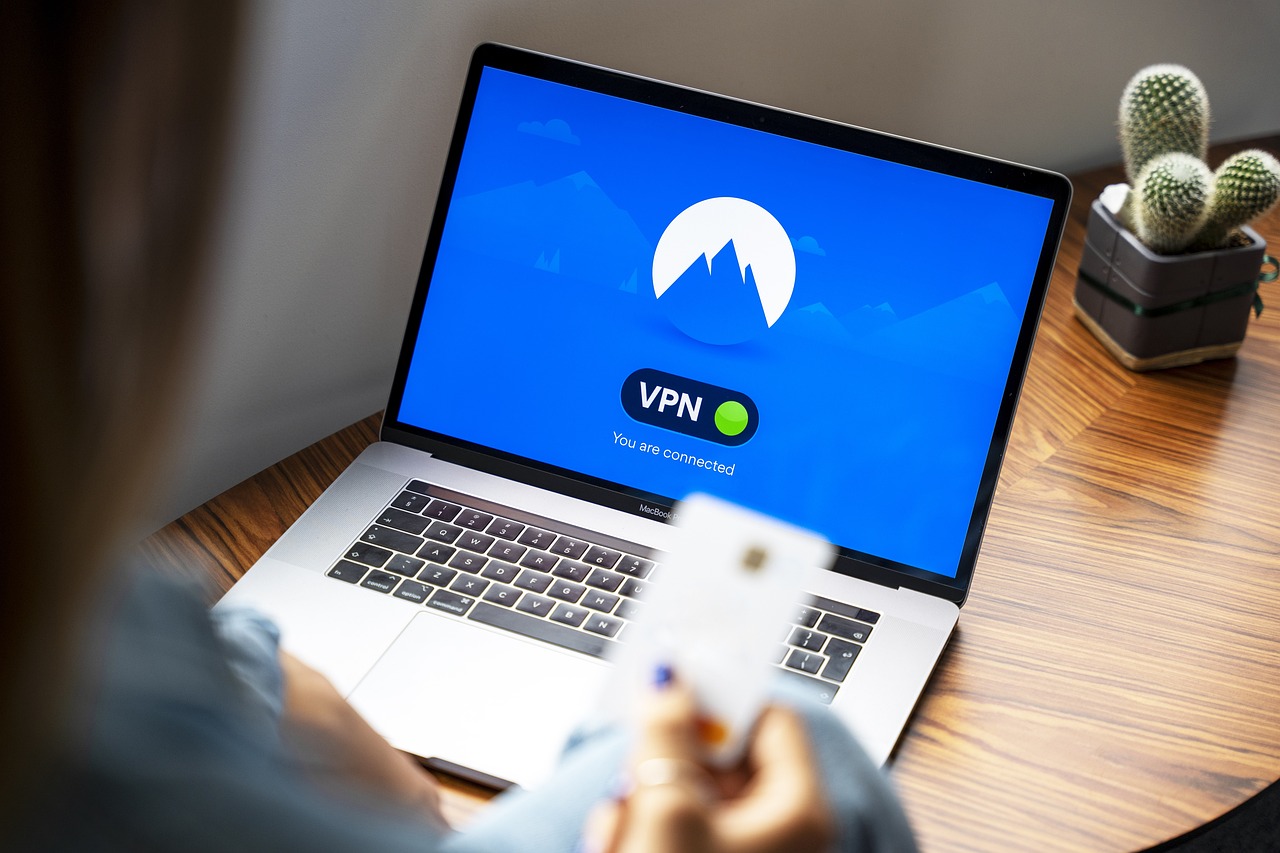
The Importance of Home Security
Home security is not just about locking your doors and windows; it’s a vital aspect of safeguarding your family and possessions. Imagine coming home after a long day, only to find that your sanctuary has been violated. The thought alone can send chills down your spine. That’s why understanding the risks and potential threats is crucial for making informed decisions about the necessary measures to protect your home.
In today’s world, the threats to our homes can come in various forms, from burglaries and vandalism to more sophisticated cyber-attacks. According to recent statistics, a burglary occurs every 30 seconds in the United States. This alarming rate highlights the need for effective security measures. But what does effective home security look like? It involves a combination of physical deterrents, technology, and community vigilance.
Physical barriers such as sturdy doors and windows are essential. Think of your home as a fortress; the stronger the walls, the less likely an intruder is to breach them. However, physical security alone is not enough. Incorporating technology, like surveillance cameras and alarm systems, can significantly enhance your security. These systems act as both deterrents and tools for monitoring your property, providing peace of mind when you’re away.
Moreover, being aware of your surroundings and the potential risks in your neighborhood is equally important. Engaging with your community can create a network of vigilance. When neighbors look out for one another, it fosters a sense of security that no technology can replicate. In fact, many neighborhoods that implement watch programs report lower crime rates. It’s like having a safety net woven through your community, where everyone plays a part in keeping each other safe.
Ultimately, the goal of home security is not just to protect physical assets but to ensure the safety and well-being of your loved ones. A secure home provides a foundation for peace of mind, allowing families to thrive without the constant worry of potential threats. So, take the time to assess your security needs, and don’t hesitate to invest in measures that will keep your home safe. After all, your home is your sanctuary, and it deserves the best protection you can provide.
- What are the most effective home security measures?
Effective home security measures include installing surveillance cameras, alarm systems, smart locks, and ensuring good lighting around your property.
- How can I improve my neighborhood's security?
Engaging in community watch programs, organizing safety meetings, and fostering relationships with neighbors can significantly enhance neighborhood security.
- Are smart home devices safe?
While smart home devices can enhance security, they also come with privacy risks. It's important to choose reputable brands and regularly update your devices to protect your data.
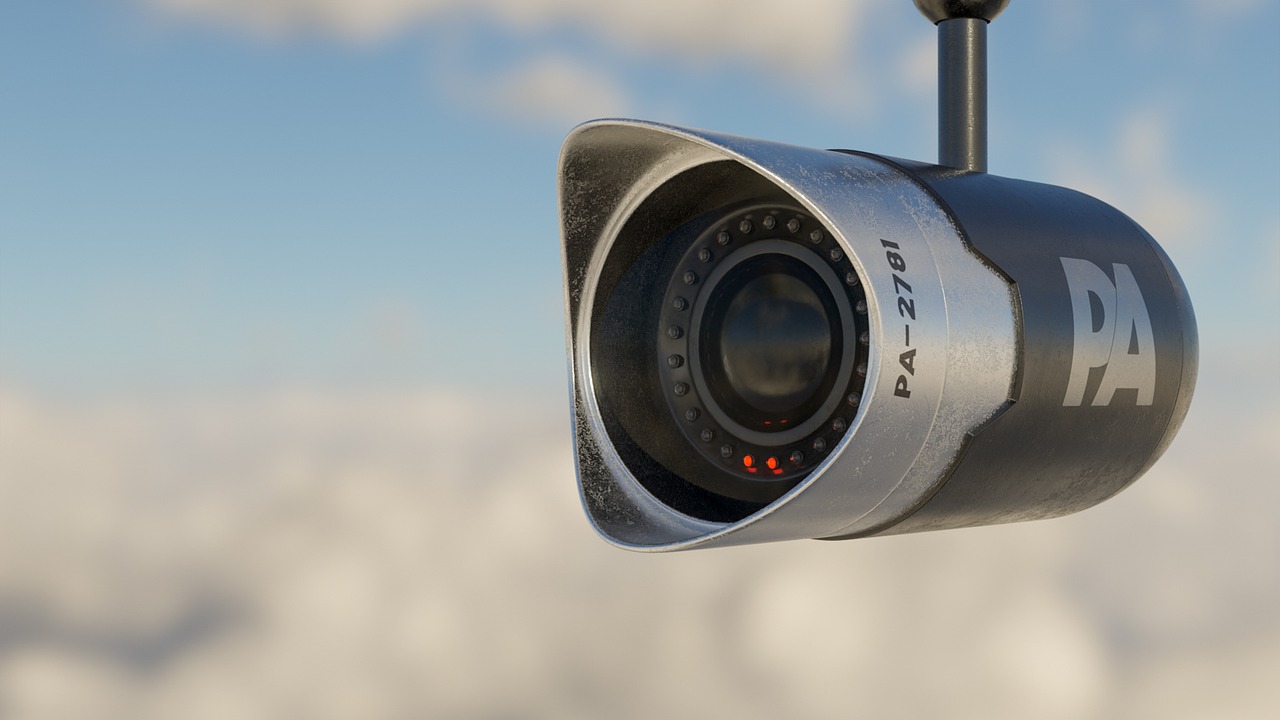
In our quest for safety, we often find ourselves surrounded by an array of modern security systems designed to protect our homes and loved ones. However, as we embrace these technologies, we must also confront the privacy concerns that come hand in hand with them. Imagine equipping your home with the latest surveillance cameras, only to discover that your personal space has become a breeding ground for intrusive monitoring. This paradox is a reality many homeowners face today.
Surveillance systems, while effective at deterring crime, can infringe on our privacy in ways we might not anticipate. For instance, many modern cameras come equipped with features like facial recognition and motion detection, which, although beneficial for security, can also lead to the unwanted tracking of individuals in and around your property. The question arises: how much surveillance is too much? Striking a balance between safety and privacy is essential, and understanding the implications of these technologies is the first step.
To better grasp this issue, let’s break down some common privacy concerns associated with modern security systems:
- Data Collection: Many security systems collect vast amounts of data, including video footage and personal information. This data can be vulnerable to breaches, leading to potential misuse.
- Unauthorized Access: If not properly secured, surveillance systems can be hacked, allowing unauthorized individuals to view footage or gain access to personal data.
- Overreach: Some systems may capture footage beyond your property boundaries, inadvertently infringing on the privacy of neighbors or passersby.
These concerns highlight the importance of being informed about the technologies we choose. Homeowners should conduct thorough research and consider the privacy policies associated with their security systems. For instance, many companies provide details on how data is stored, who has access, and how long it is retained. Understanding these factors can empower homeowners to make decisions that prioritize both security and privacy.
Moreover, as we integrate smart home technology into our lives, the privacy landscape becomes even more complex. Devices like smart doorbells and connected cameras often require constant internet access, which can expose them to cyber threats. Homeowners must be vigilant, ensuring that their networks are secure and that they are only sharing necessary data with these devices.
In conclusion, while modern security systems offer unparalleled protection, they also come with significant privacy implications. As we navigate this landscape, it’s essential to remain conscious of how our choices impact not only our safety but also our personal privacy. After all, the goal should be to create a secure environment without compromising the very essence of our private lives.
Here are some common questions related to privacy concerns in modern security systems:
- What should I look for in a privacy-friendly security system? Look for systems that offer end-to-end encryption, clear data handling policies, and user-friendly privacy settings.
- Can I limit the data collected by my security system? Yes, many systems allow you to adjust settings to limit data collection and sharing. Always review the privacy settings when installing new devices.
- What can I do if I feel my privacy is being violated by my security system? You can contact the manufacturer for support or consider disabling certain features that may compromise your privacy.

When it comes to enhancing your home security, understanding the various types of surveillance cameras available is crucial. Each type of camera serves a unique purpose, and knowing their functionalities can help you make an informed decision that aligns with both your security needs and privacy concerns. Let's dive into the most common types of surveillance cameras you might consider for your home.
First up, we have the bullet cameras. These are the classic, cylindrical cameras that are easily recognizable. They are often used for outdoor surveillance due to their durability and ability to capture clear images in various lighting conditions. Bullet cameras are typically mounted on walls or ceilings, providing a focused field of view. However, their visibility can sometimes deter potential intruders, which is a double-edged sword.
Next, we have dome cameras. These cameras are usually more discreet, encased in a dome-shaped housing that makes it difficult to tell which direction they are pointing. This feature can be a significant advantage, as it can prevent would-be thieves from knowing where the camera is focused. Dome cameras are ideal for indoor settings, such as stores or offices, but they can also be used outdoors, particularly in areas where aesthetics matter.
Then there are PTZ (Pan-Tilt-Zoom) cameras. These sophisticated devices can be remotely controlled to pan, tilt, and zoom in on specific areas. This means you can cover a larger area with fewer cameras, making them an excellent choice for larger properties or commercial spaces. However, they do come at a higher price point and may require more complex installation.
Another popular option is the IP camera, which stands for Internet Protocol camera. These cameras connect to your home network, allowing you to access the footage remotely via your smartphone or computer. IP cameras can offer high-resolution images and often feature advanced capabilities, such as motion detection and night vision. However, they can pose privacy risks if not properly secured, as hackers might gain access to your footage.
Lastly, we should mention hidden cameras. These tiny devices can be concealed in everyday objects, making them perfect for discreet surveillance. While hidden cameras can provide additional security, they raise significant ethical and privacy concerns. It's essential to weigh the benefits against the potential invasion of privacy when considering their use.
In summary, the choice of surveillance camera can significantly impact your home security strategy. Each type has its strengths and weaknesses, and understanding these differences allows you to select a system that not only enhances your safety but also respects your privacy. As technology evolves, so do the options available to homeowners, making it easier than ever to find a solution that meets your unique needs.
- What is the best type of surveillance camera for outdoor use? Bullet cameras are generally considered the best option for outdoor surveillance due to their durability and visibility.
- Can I access my surveillance footage remotely? Yes, IP cameras allow you to access footage from anywhere using your smartphone or computer.
- Are hidden cameras legal? While hidden cameras can be legal in certain situations, they can raise ethical concerns and may be subject to specific laws depending on your location.
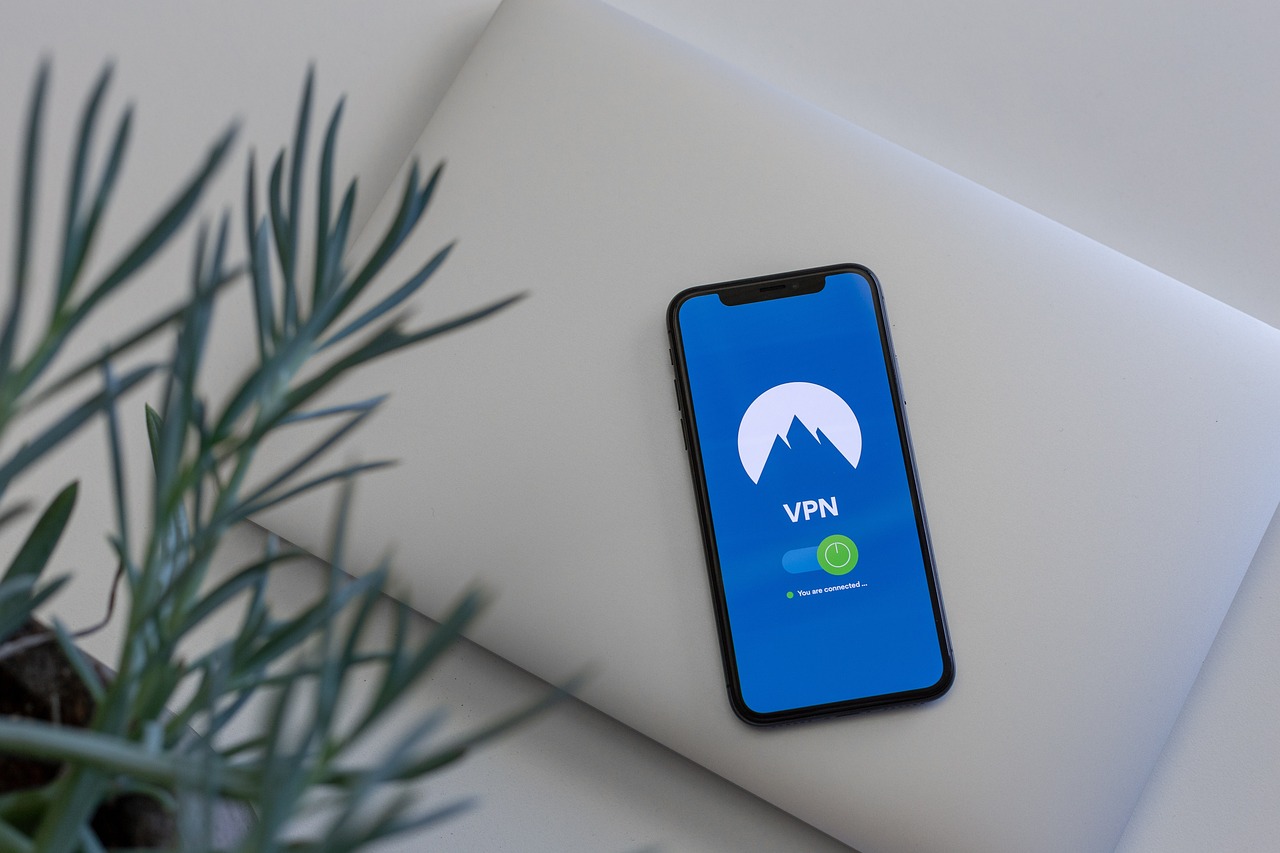
When it comes to choosing the right surveillance system for your home, the debate between wired and wireless cameras is a hot topic. Each type comes with its own set of advantages and disadvantages, and understanding these can help you make an informed decision that balances your security needs with your privacy concerns. Wired cameras, for instance, are typically known for their reliability. They connect directly to your home’s power supply and a recording device, which can mean fewer interruptions and a more stable connection. This makes them a solid choice for homeowners looking for consistent performance.
On the other hand, wireless cameras offer a level of flexibility that wired systems simply can’t match. With no need for extensive wiring, they can be placed in hard-to-reach areas or even moved around as your security needs change. However, this convenience comes with its own set of challenges. Wireless cameras rely on Wi-Fi signals, which can be susceptible to interference and hacking. Imagine trying to catch a thief on camera, only to find that your Wi-Fi dropped the moment you needed it most! This is where many homeowners feel a pinch of anxiety regarding privacy and security.
To help you weigh your options, let’s look at a quick comparison:
| Feature | Wired Cameras | Wireless Cameras |
|---|---|---|
| Installation | More complex, requires drilling | Simple, can be done by anyone |
| Reliability | High, less prone to interference | Variable, depends on Wi-Fi signal |
| Maintenance | Less frequent, but harder to access | Easy to access, but may require battery changes |
| Cost | Generally higher, due to installation | Generally lower, but can add up with accessories |
Ultimately, the choice between wired and wireless cameras boils down to your unique situation. Do you value stability and security, or do you prefer flexibility and ease of use? It’s like choosing between a sturdy old oak tree that stands firm in a storm and a young sapling that can bend and sway but might not withstand the gusts. Both have their merits, and the best choice will align with your specific needs and lifestyle.

When it comes to enhancing home security, hidden cameras can be a game changer. They offer a level of discretion that traditional cameras simply can't match. Imagine being able to monitor your home's safety without drawing attention to the fact that you're watching. However, this stealthy approach comes with its own set of challenges and ethical considerations. So, let's dive into the pros and cons of using hidden cameras in your home.
On the one hand, hidden cameras can act as a powerful deterrent against potential intruders. When criminals realize they are being watched—even unknowingly—they may think twice before attempting to break in. This is where the element of surprise plays a critical role. Additionally, hidden cameras can provide invaluable evidence in the event of a crime, helping law enforcement catch the culprit and recover stolen property.
However, the use of hidden cameras raises significant privacy concerns. It’s essential to consider the ethical implications of recording individuals without their knowledge. For instance, if a hidden camera captures a visitor in your home, it might breach their trust and lead to feelings of betrayal. Furthermore, there are legal ramifications to consider; in some jurisdictions, recording people without their consent can lead to serious legal consequences.
To navigate this complex terrain, homeowners should weigh the benefits against the ethical implications. Here’s a quick overview of the pros and cons:
| Pros | Cons |
|---|---|
|
|
In conclusion, while hidden cameras can significantly enhance your home security, they also come with a responsibility to respect the privacy of others. It’s vital to approach their use with caution, ensuring that you are compliant with local laws and ethical standards. After all, securing your home shouldn’t come at the expense of your relationships or your neighbors’ trust.
Q: Are hidden cameras legal?
A: The legality of hidden cameras varies by location. Always check local laws regarding surveillance and privacy.
Q: How can I ensure the privacy of my guests while using hidden cameras?
A: Inform your guests that cameras are present and ensure they are placed in areas where privacy is expected, such as bathrooms.
Q: What should I do if I suspect someone is using hidden cameras in my home without my consent?
A: If you suspect unauthorized surveillance, consider consulting with a legal expert and potentially law enforcement.
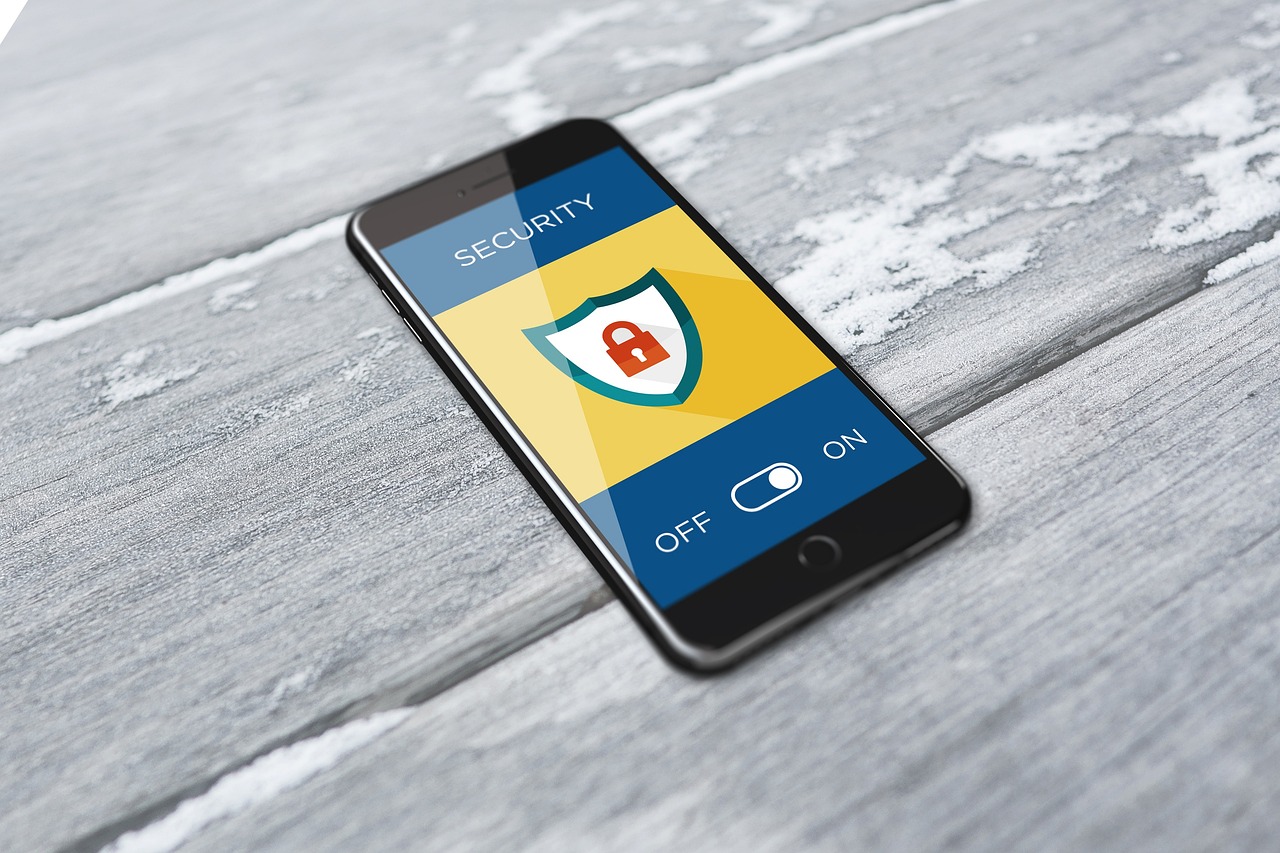
In our increasingly digital world, the way we store data has become a crucial topic, especially when it comes to surveillance footage. Imagine having a security camera that captures every moment, but then consider the implications of that data being stored somewhere. Who has access to it? How long is it kept? These are questions that every homeowner should ponder when installing security systems. The storage of surveillance footage poses significant privacy risks that can’t be ignored.
When surveillance systems record and store data, they create a digital footprint that can be vulnerable to breaches. For instance, if a hacker gains access to your security system, they could potentially view sensitive footage or personal information. Moreover, the length of time that this footage is stored can also be a concern. Many systems keep data for a set period, but what happens to that data after it’s deleted? Is it truly gone, or could it still be recoverable? This uncertainty can lead to anxiety for homeowners who value their privacy.
To mitigate these risks, homeowners should consider several factors:
- Encryption: Ensuring that surveillance footage is encrypted can significantly reduce the risk of unauthorized access.
- Access Controls: Implementing strict access controls can help determine who can view or manage the footage.
- Regular Audits: Conducting regular audits of your security system can help identify vulnerabilities and ensure that data storage practices are up to date.
- Data Retention Policies: Establishing clear policies about how long footage is kept and under what circumstances it can be accessed is essential.
Additionally, it’s vital to choose a reputable security provider. Not all companies have the same standards when it comes to data privacy. Before making a decision, homeowners should do their homework and ask questions about how their data will be handled. For example, you might want to inquire about:
| Question | Importance |
|---|---|
| How is the data encrypted? | Ensures data is protected from unauthorized access. |
| Who has access to the footage? | Maintains control over who can view sensitive information. |
| What is the data retention policy? | Clarifies how long footage is stored and when it is deleted. |
By being proactive and informed, homeowners can strike a balance between enhancing their security and protecting their privacy. Remember, while surveillance systems can provide peace of mind, they also come with responsibilities. It’s essential to stay vigilant and understand the risks associated with data storage. After all, the goal is to feel safe in your home without compromising your personal privacy.
- What should I look for in a security camera? Look for features like resolution, night vision, and data encryption capabilities.
- How long should I keep surveillance footage? It depends on your needs, but many experts recommend keeping it for no longer than 30 days unless necessary for legal reasons.
- Can I access my camera footage remotely? Yes, most modern security systems allow remote access via smartphones or computers, but ensure your connection is secure.
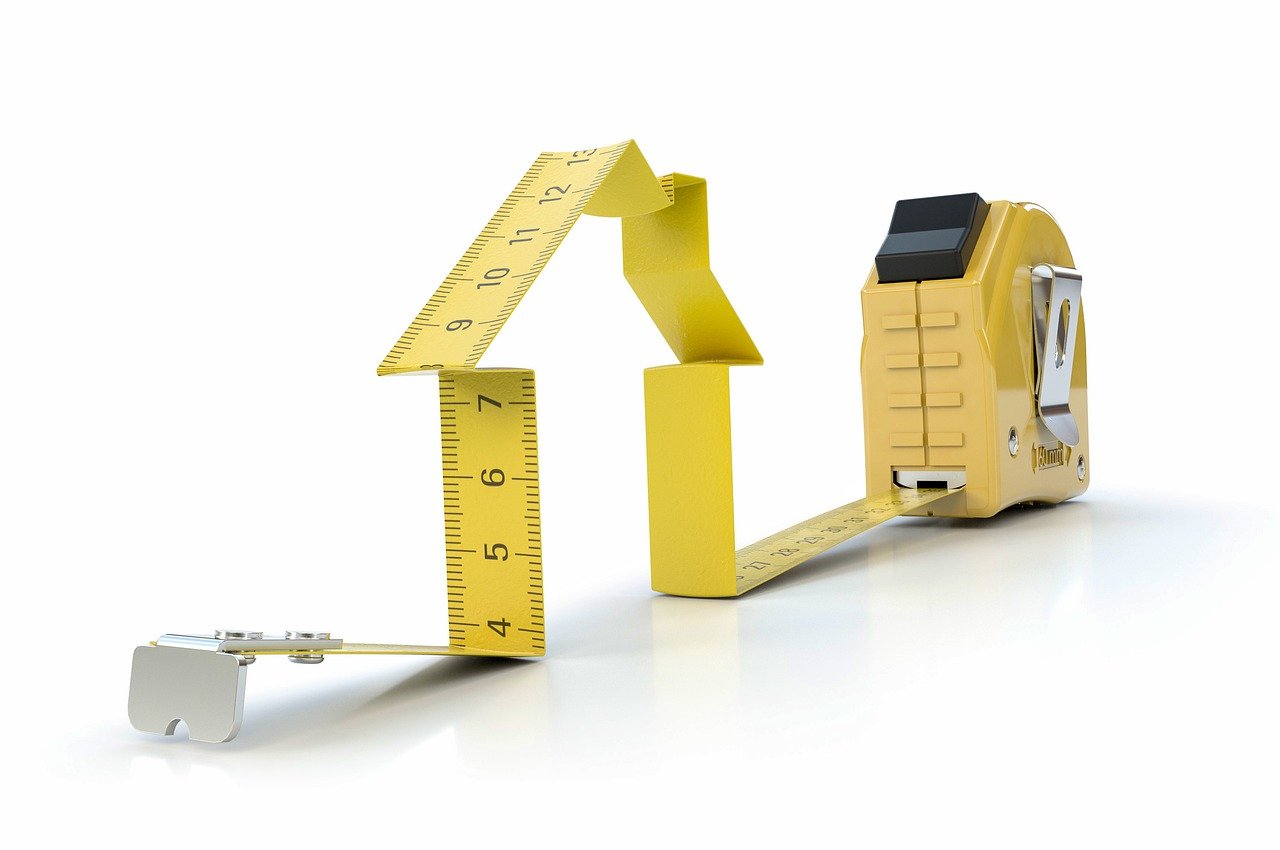
Implementing effective security measures involves a multifaceted approach that goes beyond simply installing cameras. It’s about creating a fortress that not only protects your home but also respects your privacy. Think of your home as a castle; you wouldn’t just build a high wall and call it a day, right? You’d want a moat, guards, and maybe even a drawbridge! Similarly, homeowners need to consider a variety of security tools and strategies to ensure comprehensive protection.
One of the most crucial aspects of home security is the installation of alarm systems. These systems serve as the first line of defense against intruders. Imagine a loud siren blaring as soon as someone attempts to breach your home; it’s like having a personal bodyguard on duty 24/7. Modern alarm systems can now be integrated with your smartphone, allowing you to monitor your home from anywhere in the world. You can receive instant alerts and even control your system remotely, which adds another layer of convenience and security.
In addition to alarms, smart locks are revolutionizing the way we secure our homes. These locks allow you to control access to your home without the need for traditional keys, which can be easily lost or copied. You can grant temporary access to friends or service providers through your smartphone, and you’ll receive notifications when someone enters or exits your home. However, it’s essential to choose smart locks from reputable brands to mitigate any potential security risks associated with hacking.
Another effective measure is participating in neighborhood watch programs. When neighbors look out for each other, it creates a sense of community that can deter criminal activity. Imagine a group of vigilant neighbors, each keeping an eye on one another’s homes; it’s like having an extended family watching your back. This collective effort not only enhances security but also fosters relationships and trust within the community.
While we’re on the topic of technology, let’s not forget about the integration of smart home devices. These gadgets can enhance your security measures significantly. For instance, smart doorbells equipped with cameras allow you to see who is at your door without opening it. However, with all these conveniences, it’s vital to be aware of the privacy implications. Always ensure that your devices are secure and that you’re aware of what data is being collected and how it’s being used.
To summarize, a comprehensive security strategy should include:
- Alarm systems that offer remote monitoring.
- Smart locks for keyless entry and enhanced access control.
- Active participation in neighborhood watch programs.
- Smart home devices that provide convenience while being mindful of privacy.
By combining these elements, homeowners can create a secure environment that protects their families and belongings while respecting their privacy. Just remember, the goal is to build a home that feels safe and secure, without turning it into a fortress that feels like a prison. Balance is key!
Q: What are the best types of security systems for home use?
A: The best systems often combine alarms, surveillance cameras, and smart locks. It’s essential to choose a system that fits your specific needs and lifestyle.
Q: How can I ensure my smart home devices are secure?
A: Always use strong, unique passwords, keep your software updated, and regularly check the privacy settings on your devices.
Q: Is it worth investing in a neighborhood watch program?
A: Absolutely! It fosters community bonds and enhances collective security, making neighborhoods safer overall.
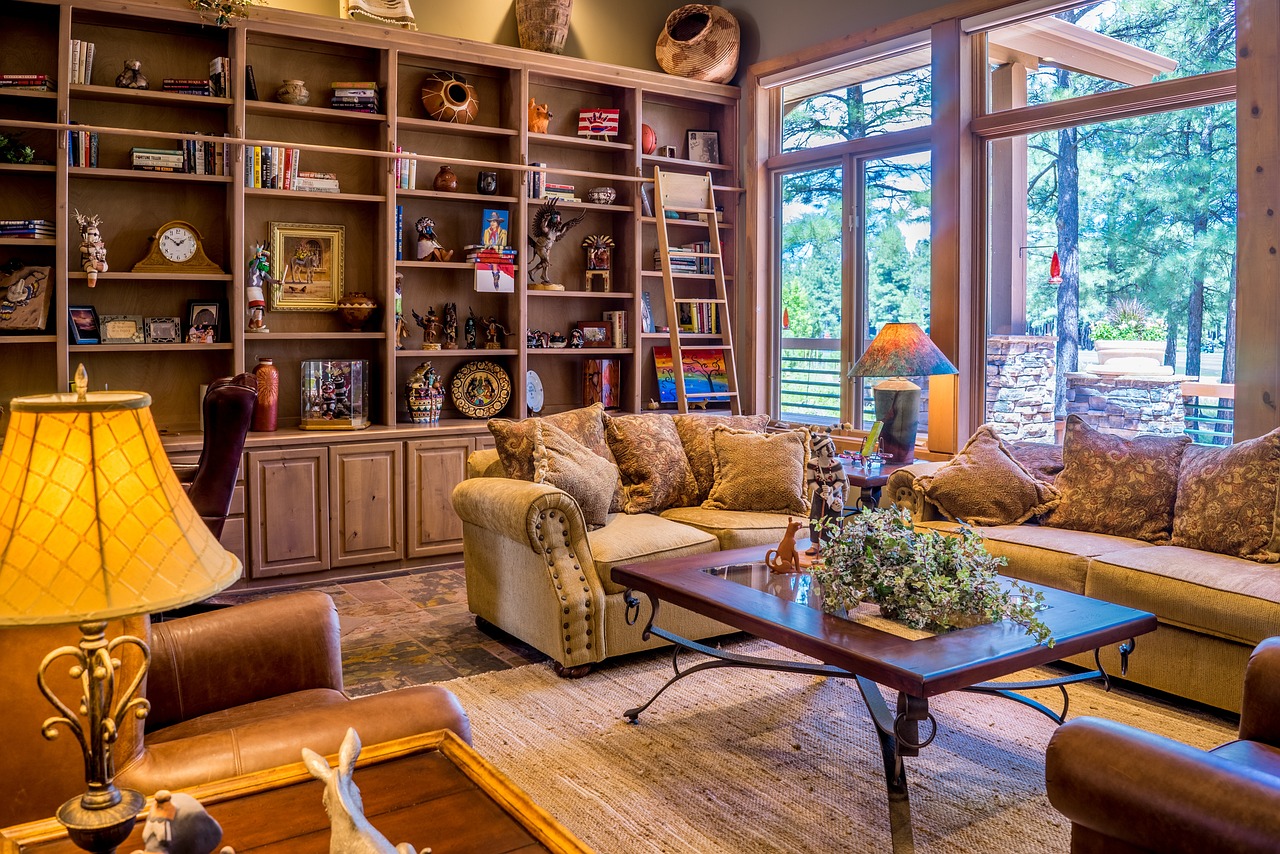
In today's rapidly evolving digital landscape, smart home technology has revolutionized the way we secure our homes. Imagine walking into your house, and with a simple voice command, your security system arms itself, lights illuminate your path, and the thermostat adjusts to your preferred temperature—all while your surveillance cameras are actively monitoring for any unusual activity. This level of convenience is incredibly appealing, but it also brings a host of privacy concerns that homeowners need to navigate carefully.
Smart home devices, such as smart locks, security cameras, and motion sensors, can significantly enhance your home security. However, these devices often require constant internet connectivity and data sharing to function effectively. This reliance on the internet can expose homeowners to potential vulnerabilities, such as hacking or unauthorized access to personal data. For instance, a compromised smart lock could allow intruders to gain entry into your home without your knowledge. Thus, while these technologies offer unprecedented control and peace of mind, they also necessitate a careful consideration of how much personal information you are willing to share.
To mitigate these risks, homeowners should take proactive steps to secure their smart home devices. Here are some essential strategies to consider:
- Change Default Passwords: Many devices come with default passwords that are easy for hackers to guess. Changing these to strong, unique passwords is crucial.
- Regular Software Updates: Keeping your devices updated ensures that you have the latest security patches, reducing the risk of vulnerabilities.
- Secure Your Wi-Fi Network: Use strong encryption (like WPA3) for your home Wi-Fi and consider setting up a separate network for your smart devices.
Moreover, it's essential to understand the data policies of the manufacturers of your smart devices. Some companies may collect data on your habits and behaviors, which can lead to privacy concerns. Always read the privacy policies and settings available for your devices to ensure you are comfortable with how your data is being used. Think of it as a digital footprint—every command you give and every setting you adjust can leave a mark that might not be as easy to erase as you think.
Ultimately, the key to enjoying the benefits of smart home technology while maintaining your privacy lies in education and awareness. By understanding the capabilities and limitations of these devices, homeowners can strike a balance between enhancing security and protecting their personal information. It's like walking a tightrope—you want to enjoy the view from above while ensuring you don’t lose your balance.
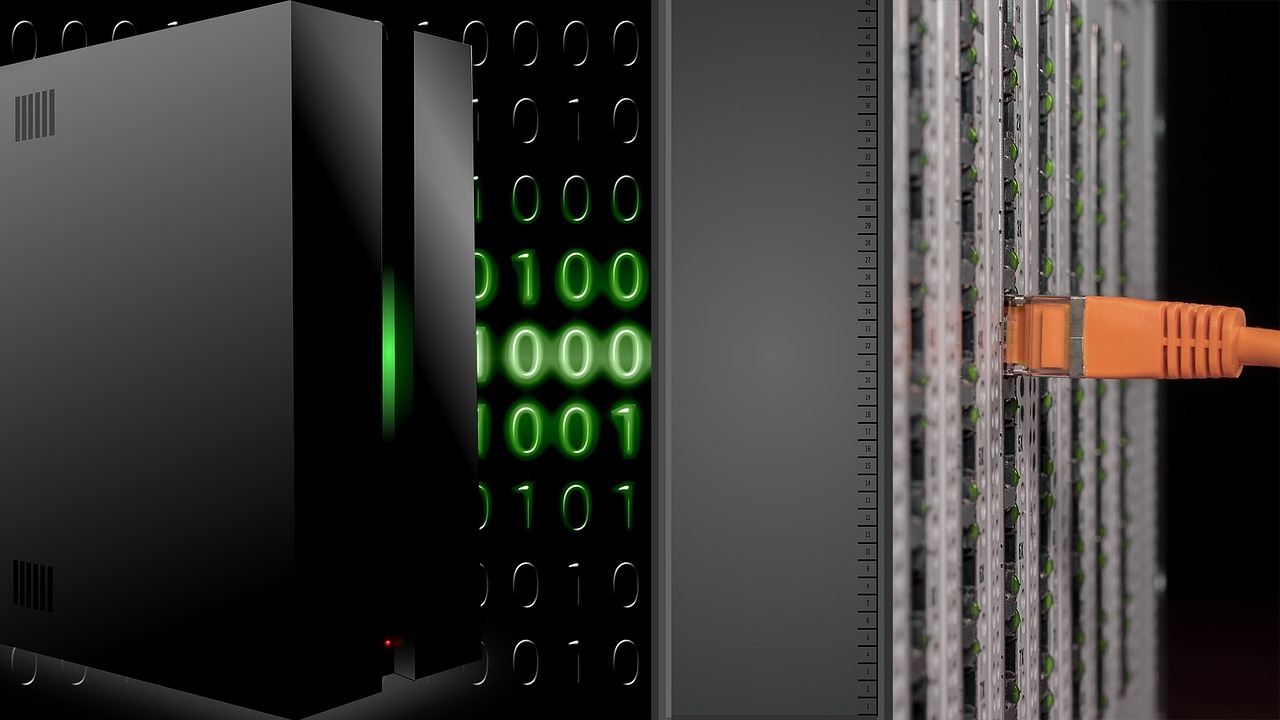
When it comes to home security, the age-old saying "it takes a village" rings particularly true. Community involvement in security is not just a nice-to-have; it's a vital aspect of creating a safe living environment. Imagine living in a neighborhood where everyone looks out for one another—where neighbors are not just people who share a fence but allies in ensuring safety. This sense of community can significantly reduce crime rates and enhance the overall feeling of security.
One of the most effective ways to foster community involvement is through the establishment of neighborhood watch programs. These programs encourage residents to communicate openly about suspicious activities and share information that can lead to a safer community. But how does one get started? It’s simpler than you might think! Here’s a brief overview:
- Gather Your Neighbors: Start by organizing a meeting with your neighbors to discuss security concerns.
- Set Goals: Determine what you want to achieve as a group—whether that’s reducing petty theft or simply being more vigilant.
- Develop a Communication Plan: Establish a way to share information quickly, like a group chat or a community bulletin board.
- Engage Local Authorities: Involve local law enforcement to provide guidance and support, making your efforts more effective.
Moreover, community involvement extends beyond just watch programs. Think about local events that can foster relationships among neighbors. Block parties, community clean-ups, or even social gatherings can help build trust and rapport. When people know each other, they are more likely to look out for one another. It’s like having a built-in security team where everyone plays a role.
However, while fostering this sense of community is essential, it’s equally important to respect individual privacy. After all, no one wants to feel like they are under constant scrutiny from their neighbors. Open discussions about boundaries and expectations can help alleviate these concerns. For instance, agree on what constitutes suspicious behavior without crossing the line into invasion of privacy.
In addition, technology can play a supportive role in enhancing community security. Many neighborhoods are now utilizing apps that allow residents to report incidents, share safety tips, or even post about local events. These platforms can create a virtual neighborhood watch, making it easier for everyone to stay informed and involved.
In conclusion, community involvement in security is about creating a network of trust and vigilance. By working together, neighbors can create a safer environment while respecting each other's privacy. It’s a delicate balance, but one that can lead to a thriving, secure community. So, why not take the first step today? Reach out to your neighbors, share your thoughts, and start building a community that prioritizes safety without sacrificing personal privacy.
Q: How can I encourage my neighbors to participate in a neighborhood watch?
A: Start by having informal conversations with them about security concerns, then organize a meeting to discuss forming a neighborhood watch. Highlight the benefits and how it can enhance everyone's safety.
Q: What should I do if I notice suspicious activity?
A: If you see something that seems out of place, trust your instincts. Document the details and report it to local law enforcement rather than confronting anyone directly.
Q: How can technology help with community security?
A: There are various apps available that facilitate communication among neighbors, allowing them to report incidents, share safety tips, and stay informed about local events.
Frequently Asked Questions
- What are the primary benefits of home security systems?
Home security systems provide peace of mind by protecting your family and belongings. They deter potential intruders, alert you to any suspicious activity, and can even lower your home insurance premiums. Think of it as having a vigilant guardian watching over your home 24/7!
- How do I choose the right surveillance camera for my home?
Choosing the right surveillance camera depends on your specific needs. Consider factors like the area you want to monitor, lighting conditions, and whether you prefer wired or wireless options. Wired cameras are often more reliable, while wireless cameras offer more flexibility in placement. It's like picking the right tool for a job—each has its strengths!
- Are hidden cameras legal to use in my home?
Yes, hidden cameras are generally legal in your own home, provided you inform anyone who may be recorded. However, laws can vary by state, so it’s essential to check local regulations. Just remember, while they can enhance security, they also come with ethical considerations!
- What are the privacy risks associated with smart home devices?
Smart home devices can collect a lot of data, which may pose privacy risks if not properly secured. They can be vulnerable to hacking, and if manufacturers don’t prioritize data protection, your personal information could be at risk. It's like inviting someone into your home—make sure you trust them!
- How can I ensure my surveillance data is secure?
To secure your surveillance data, use strong passwords, enable two-factor authentication, and regularly update your devices. Additionally, consider using encrypted storage solutions. Think of it as locking the door to your data—don’t leave it wide open!
- What role does community involvement play in home security?
Community involvement is crucial for enhancing home security. Neighbors looking out for each other can create a safer environment. Programs like neighborhood watch not only foster relationships but also encourage collective vigilance, making everyone feel more secure!
- Can I balance security measures with maintaining my privacy?
Absolutely! It’s all about finding the right balance. You can implement security measures like alarms and cameras while ensuring that they don’t infringe on your privacy. Being mindful of where and how you set up surveillance can help you achieve this equilibrium.



















